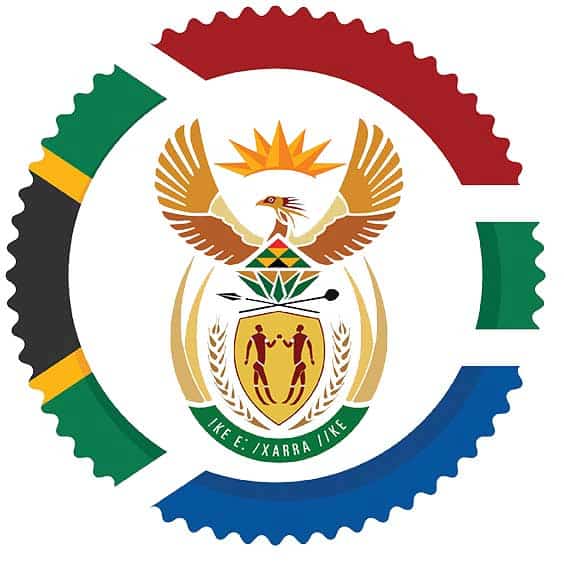
THE SEPARATION OF POWERS

State authority is commonly divided into legislative, executive and judicial authority. Legislative authority is the power to enact, amend, and repeal legal rules. Executive authority is the power to implement and enforce legal rules. Judicial Authority is the power to interpret legal rules, and apply them to specific cases.
The reason for this division of state authority is that the Doctrine of the Separation of Powers argues that there can be no political freedom in a country where one and the same person or body of persons makes, the laws, implements them, and acts as the judge when they are contravened.
This division of state authority between the three branches of government prevents a concentration of power or an excess of power in one branch of government. This helps to protect citizens from abuses of state power.
The separation of powers is maintained through a formal division of state authority between the legislature, the executive, and the judiciary. Also, there is a separation of functions, which provides that one branch of government must not take over the functions of another branch of government.
There is also a “system of checks and balances” in which each branch of government is given specific powers of oversight over the other branches of government, and powers to restrain the actions of the other branches of government when necessary. This helps to prevent one branch of government from usurping power or taking over functions from the other branches of government, which could lead to a dangerous concentration or excess of power in one branch of government. For example, the courts have the power of judicial review, which allows the courts to review challenged legislation or administrative actions of the executive, to ensure that they are within the powers of those branches of government, and also to ensure that they are in compliance with the requirements of the Constitution. The courts then are acting as watchdog over the legislature and the executive.
The North West Provincial Legislature similarly exercises a watchdog function over the actions of the executive, for example through the oversight function that Portfolio Committees play in Parliament and the North West Provincial Legislature over the functioning of government departments.


